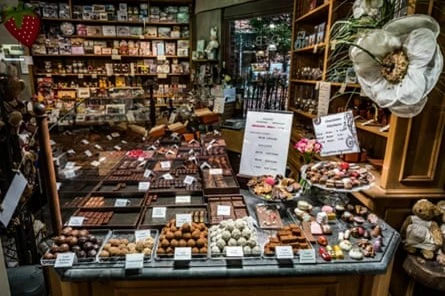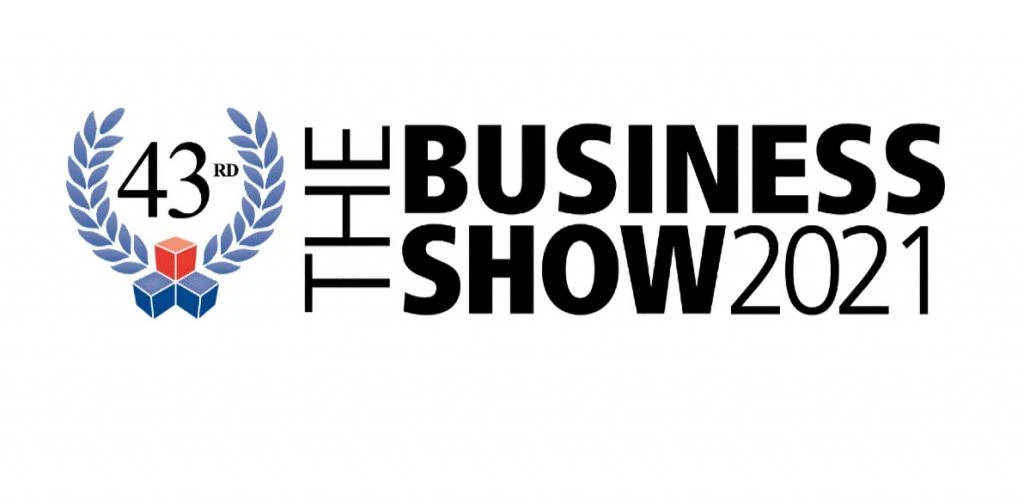News & Views

Christmas is supposed to be the season of good cheer, but this year the rising cost of festive treats across Europe is taking the shine off celebrations.
Whether it’s food and drink or presents such as books, higher prices are making life tougher for European households. Here we examine the effect that inflation has had on various countries across the continent and on the items that make up a traditional Christmas in each one.
Christmas dinner
The festive feast has a different feel across Europe. While in the UK, Ireland, France and Germany poultry such as turkey, goose or duck is usually at the centre of the table, fish is popular in eastern Europe and pork takes pride of place in many Nordic countries.
All these proteins have been affected by inflation in the past year, however, as the cost of grain, which features in most animal feeds, was pushed up by war in Ukraine alongside fuel for transport, energy for processing and higher labour costs.
Problems with bird flu have added to the costs for poultry producers across Europe, while farmed salmon production has been affected by pests and diseases and wild fish stocks have been overstretched by higher demand and the climate crisis.
Poultry such as goose, turkey or duck is usually at the centre of the table in the UK, Ireland, France and Germany. Photograph: SimpleImages/Getty Images
The price of poultry in the UK is up by 5% on last year – and up 30% compared with 2020 – contributing to a more costly dinner for many families this year.
It is a similar story in Ireland and France, although inflation there is lower than the UK, it remains significant, with poultry costing around a quarter more than three years ago. In Germany, the price has decreased slightly on last year, but it is 43% more expensive than it was in the run-up to the 2020 festive season.
In Norway, where the most popular Christmas dinner is pork ribs or belly (although mutton or lamb are also a firm favourite), families will be paying 10% more for the pleasure this year and 34% more than in 2020. The Norwegians’ neighbours in Denmark have not experienced the same price jump, with the cost of pork only rising by 12% since 2020.
In parts of eastern Europe, carp is an extremely popular Christmas centrepiece (fun fact: many people keep their Christmas carp alive in the bath to keep it fresh before it is cooked).
This year, that tradition will cost significantly more than it once did: the price of fish Hungary and Poland has risen by more than 60% compared with the same period in 2020 as a feed prices have combined with the loss of Ukrainian labour and the cut off of former export markets as a result of Russia’s invasion of Ukraine. In the Czech Republic, fish prices have risen, albeit not as sharply, but are 16% more than three years ago.
Many people in eastern Europe keep their Christmas carp alive in the bath to keep it fresh before it is cooked. Photograph: Miroslav Beneda/Alamy
It is not much better news for vegetarians across Europe. Unseasonable or extreme weather across Europe, worsened by the climate crisis, has led to sodden fields in the UK and drought in southern countries such as Spain, both of which have hit production.
As a result, the cost of vegetables is up by about 30% on average in the EU and in the UK since 2020, in Spain prices are up 13% since last year, linked to the extreme weather southern Europe has experienced.
Chocolate
It’s another tough year for anyone with a sweet tooth, who will have to count out their chocolate pennies very carefully this year. On average, prices for the confectionery are up 22% in the EU since 2020.
Cocoa prices have reached their highest level on the commodities markets since the 1970s after a series of poor harvests in Ghana and Cote D’Ivoire, two important growing countries. This year, fears of flooding in Cote D’Ivoire have added to longer term problems around land availability, disease and access to fertiliser.
A chocolate shop in Bruges, Belgium. Chocolate prices are up 22% in the EU since 2020. Photograph: Andrey Armyagov/Alamy
Chocolate prices have also been driven up by rising costs of sugar, also resulting from poor weather, as well as higher packaging and transport costs related to the oil price.
Prices in Hungary have soared – by 56% since 2020 – a reflection of wider food price inflation in the country from a mix of economic woes that have affected exchange rates and local problems such as long-term energy contracts with Russia.
Get set for the working day – we'll point you to all the business news and analysis you need every morning
In Sweden, the prices have increased by more than 18% since last year, maybe forcing the residents in the Scandinavian country to scale back on their julgodis this Christmas.
There is little chance of a fall in retail prices for anyone in Europe any time soon as cocoa farmers face increasingly tough conditions as a result of the climate crisis.
Books
Giving the gift of reading has also got more expensive. The average price of a paperback is expected to reach £12 in the UK next year – having broken through £10 last year – as the country has one of the fastest pace of inflation on books in Europe.
The rising cost of paper and transport, as well as higher printing costs in China have all added to inflation – meaning booksellers are expecting a shift away from more expensive hardbacks for presents this year.
The average price of a paperback is expected to reach £12 in the UK next year. Photograph: Alex Segre/Alamy
Prices have been kept high in many countries by tighter manufacturing capability post pandemic and higher demand, kicked off by the revival of reading as a hobby during the pandemic and the rise of BookTok, in which young people are sharing recommendations via the TikTok social media platform.
There are also countries – Ireland and Denmark – in which the price of a book has fallen since 2020 as consumers reined in spending in reaction to high prices across the economy.
Booze
Whether it’s snaps in Sweden, glühwein in Germany or gin in Great Britain, alcohol has a big role to play in making Christmas merry for many across Europe.
The rising cost of making glass for bottles has joined with difficulties in growing the crops required to make alcohol – from grain to grapes – to push up prices.
The Hungarian herbal liqueur Unicum. Alcohol prices in the country are up 37% since 2020. Photograph: Edd Westmacott/Alamy
Hungarians may be holding off the toasts with pálinka fruit brandy as they are suffering the worst inflation on alcohol with prices up 37% since 2020. Poland is not too far behind on 28%. Italy and Sweden have recorded a smaller impact with prices up about 10%, while the UK is in the middle of the pack with 16% price increases on 2020, despite fears about a hike in wine prices post-Brexit.
Travel
If you’re driving home for Christmas (cue Chris Rea) you will experience yet another steep rise in your fuel costs this year. Travel costs have been on the rise and it seems unlikely there will be any let-up this Christmas.
Russia’s invasion of Ukraine led to fuel prices skyrocketing in many countries, making a drive home a far more expensive choice than past Christmas with a second surge after the attacks in Israel and Gaza. Recent problems in the Red Sea restricting oil tanker traffic may keep prices high.
Hungary, which has suffered from its heavier reliance on Russian oil, has experienced the biggest increase in fuel prices since 2020. In the UK, fuel price rises have been lower, partly because the government has frozen planned increases in tax, which make up a large part of prices at the pump, as well as scrutiny by the competition watchdog.
Hello to you, dear reader!
When the former Albanian dictator Enver Hoxha delivered his New Year message back in 1967, he pulled the cord marked “truth bomb”. “This year will be harder than last year,” he declared. “It will, however, be easier than next year.” I mean … on the one hand: thanks for not sugar-coating it, Enver. On the other: way to kill the party buzz, you monster!
I don’t want to murder the atmosphere (or indeed any dissidents) by reminding you of the news year you’ve just lived through – or by warning you of the news year you’re about to live through. It’s not big, it’s not clever, and it’s sure as heck not seasonal.
But I will say, pointedly, that our reporting feels particularly necessary in dark times. If you can, please help support the Guardian on a monthly basis from just €2, so as to keep it open for everyone. I can’t tell you how much it would be appreciated. A free press is needed now as much as it has ever been – and on some days, more than it has ever been.
In return for this support, I am formally* bestowing upon you the right to refer to yourself – in conversation, in the pub, and on any business cards you may care to have printed up – as “a newspaper baron”. Face it: if you pay to support a news organisation, then you ARE to all intents and purposes a newspaper baron. Just enjoy it! All the others do.
With that, it simply remains is for me to wish you a very happy holidays, and a splendid new year. Goodness knows you’ve earned it.
Viktor Sunnemark and Sarah Butler
From https://www.theguardian.com/
How to join Oxentt ?
To join the exclusive Business Agency elite group does not require important financial contribution. It is, however, imperative that by joining all members adhere to its philosophy of ethics, respect and seriousness.
Any business owner from any country, investor, entrepreneur and corporate executives are welcome to join us.




